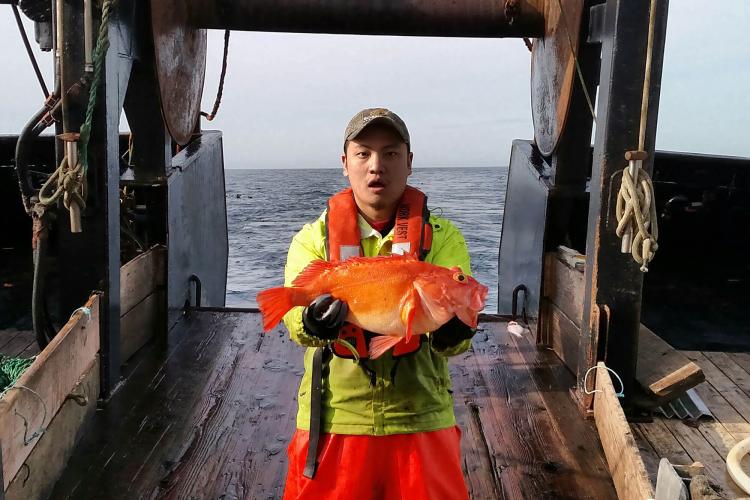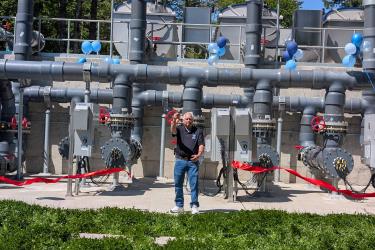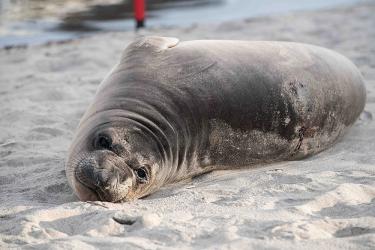The Fisheries Observation Science program (FOS) at the Northwest Fisheries Science Center (NWFSC) trains and supports fishery observers who work onboard West Coast commercial fishing vessels. Observers are one of the only means to get information essential to fishery managers to maintain healthy fisheries that sustain the economic base of local fishing communities. Most of the data on incidentally caught fish or discarded “bycatch” comes from observers, who sample fish and other species at sea. We depend on observers to make accurate estimates on the amount and composition of bycatch before it is discarded overboard. Observers also monitor for protected species interactions and collect biological samples from the catch, which are important to improve our understanding of West Coast species. These data are paired with information collected about fishing operations and locations so we know more precisely how much, how many, where, and which species are being caught.
FOS encompasses the At-Sea Hake Observer Program and the West Coast Groundfish Observer Program. New observer training sessions are held in the spring at NOAA facilities in Newport, OR, and Seattle, WA. Our training teams provide observer trainees with rigorous instruction in fish identification, catch sampling, and vessel safety, so they can work alongside the crew of commercial vessels to collect high-quality data for management purposes.
Our staff provides logistical, debriefing, and gear support for observers once deployed in the field. We’ve ensured that the data collected by FOS observers are of the highest quality possible by implementing thorough quality assurance and control processes. The end goal is to produce critical, high-profile data products and reports to inform fisheries management and science. Fishery scientists and managers rely on our data and analyses for stock assessments, management decisions, in-season quota tracking, and scientific research.
Our Focus
Sustainable West Coast Groundfish
Observer Data Collection and Training
Data Analysis and Products
- Overview of Observed West Coast Fishery Sectors
- West Coast Groundfish Observer Program Data Processing
- West Coast Fishery Observer Bycatch and Mortality Reports



